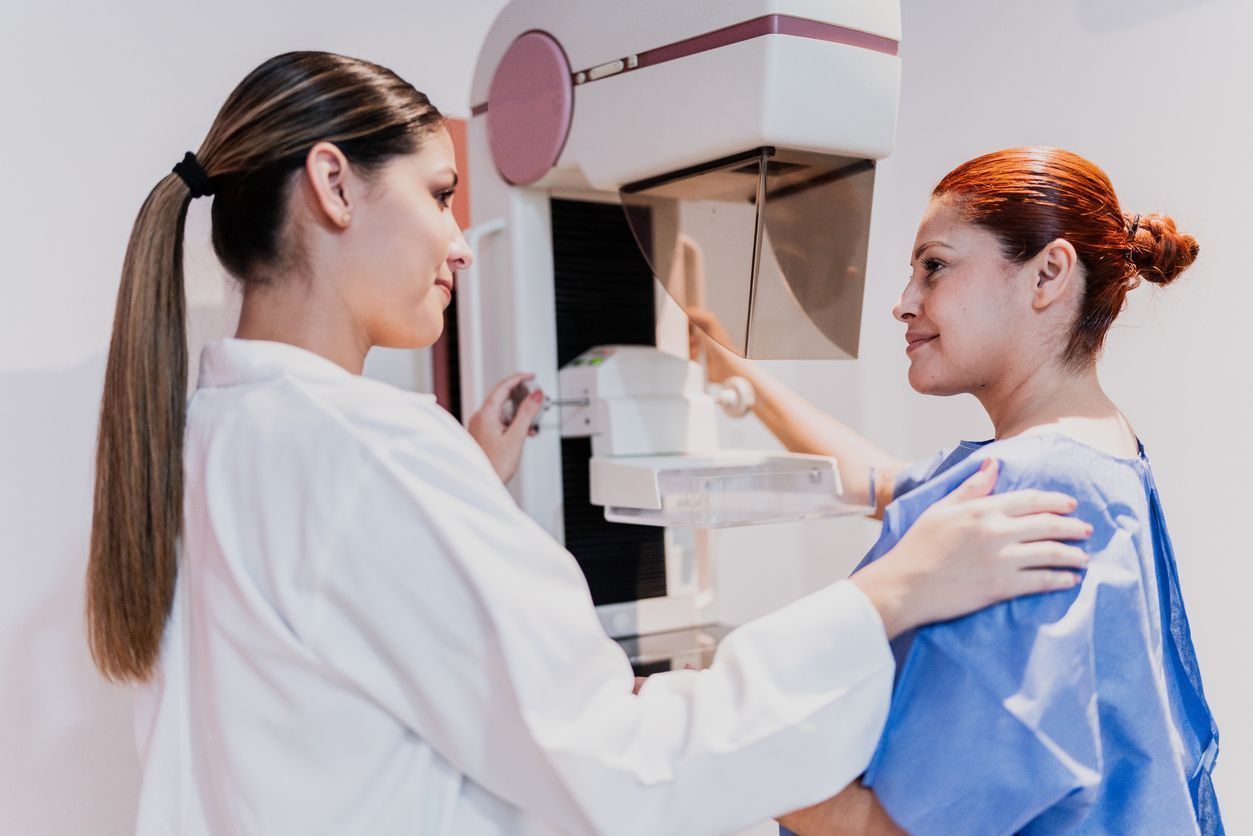What Thermography Can Show that Other Tests Can't
Thermography is a non-invasive diagnostic imaging technique where an infrared camera captures and measures temperature changes on the surface of the skin. Increased skin temperatures are indicators of a variety of problems including inflammation, nerve damage, circulation problems, and breast problems. Thermography, through its heat-sensing technology, can detect:
- Inflammation, a natural response of the body to injury or infection. Thermography detects areas of the body that are warmer than others, indicating areas of inflammation.
- Nerve damage, which can result from anything from diabetes to autoimmune disorders. Thermography can also home in on areas of the body that are cooler than others, an indication of nerve damage.
- Blood circulation problems that can affect the temperature of the skin. 'thermography can detect reduced blood flow/circulation.
- Breast health monitoring where changes in skin temperature could be early warning signs of breast cancer
- Psychological or emotional stress where increased skin temperature can occur as the body's stress response causes an increase in blood flow to the skin.
Thermography can also be an early-warning diagnostic tool. For example, by using thermography, your health care provider, using non-invasive imaging, can:
- Detect early signs of an aneurysm by detecting telltale patterns of blood flow in body tissues and swelling of the arteries.
- Identify and validate suffering from chronic pain where changes in the affected parts of the body produce increases in skin temperature.
- Screen patients for cerebrovascular disease by detecting abnormal temperature differences throughout the body.
So, thermography can provide a unique glimpse into an individual's health and bodily functioning. Its main advantage is that it is non-invasive and does not involve radiation or contrast agents. This makes thermography a safer alternative to some other imaging techniques like CAT scans, MRIs, and x-rays. Used in conjunction with other diagnostic tools, thermography can provide a more comprehensive understanding of an individual's health.
Want to learn more about how thermography can provide a non-invasive diagnosis for you? Contact us .













